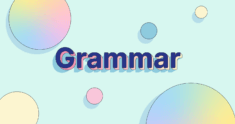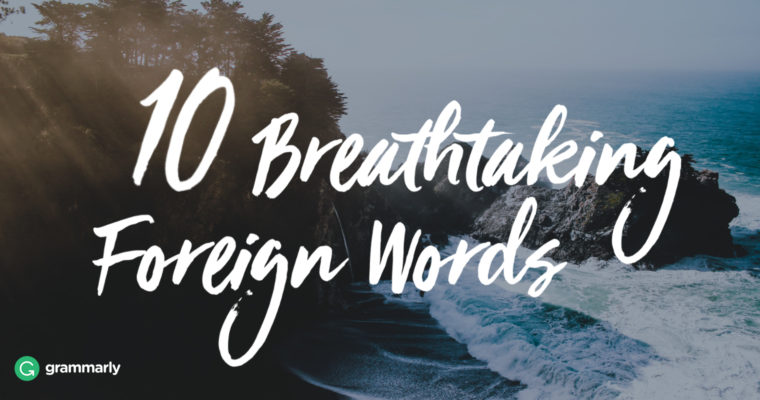
Beauty is in the eye of the beholder, the proverb says. In this case, it’s in the ear. Every language has its own combinations of sounds that sound especially beautiful to its native speakers. J.R.R. Tolkien famously wrote about the beauty of the phrase cellar door in English, a sentiment he shared with many other writers.
In other cases, the beauty of a word lies in its meaning rather than its sound. These ten words are a mix of the two. Some sound pretty; others have interesting and beautiful meanings. There’s beauty to be found in all of them. But there’s also beauty to be found in many other words. If you know of a particularly pretty non-English word, make sure to mention it in a comment.
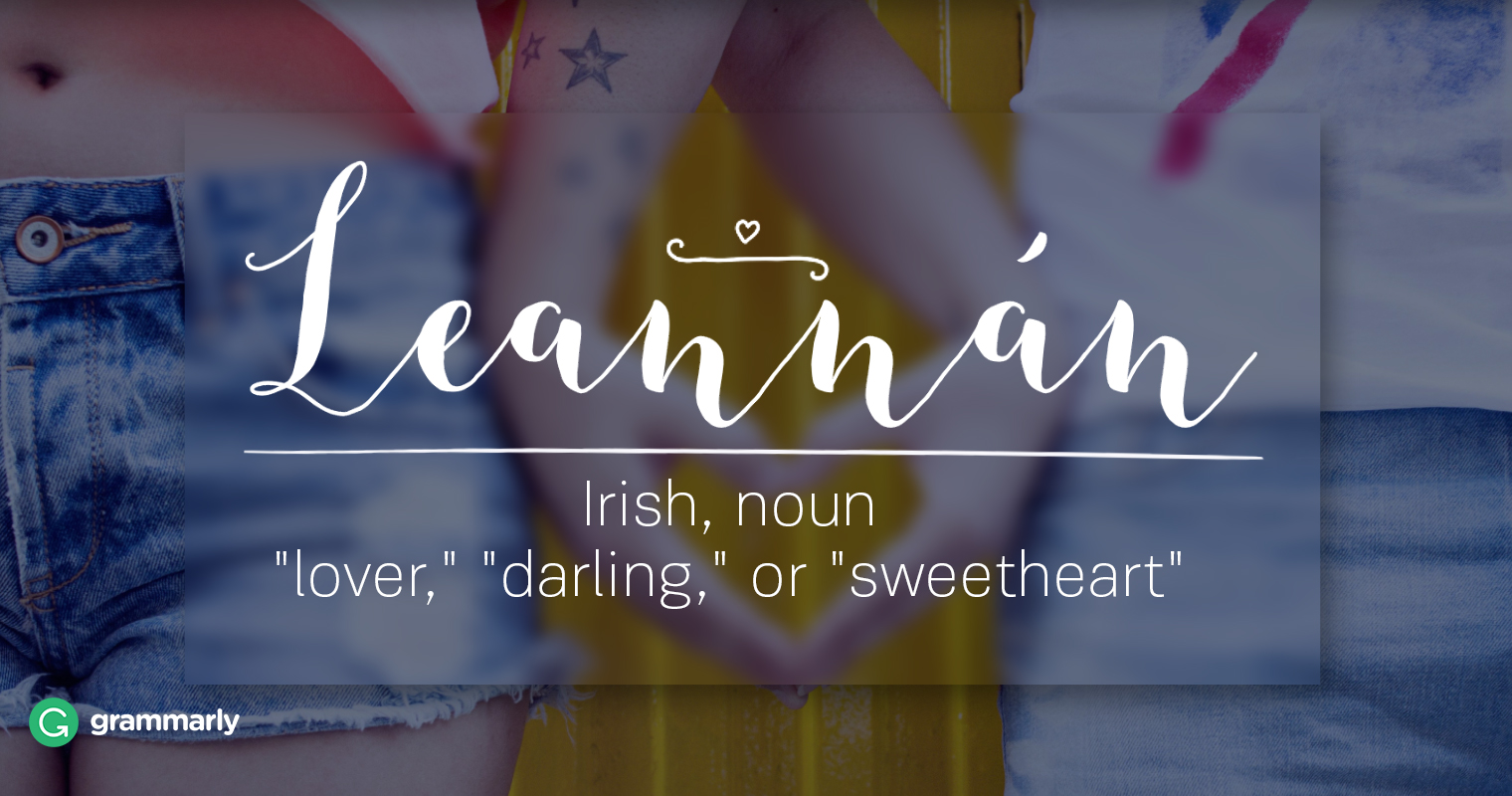
1 Leannán Leannán is an Irish word, but you can also find a similar word in Scottish Gaelic. They share the same meaning—leannán means “lover,” “darling,” or “sweetheart.”
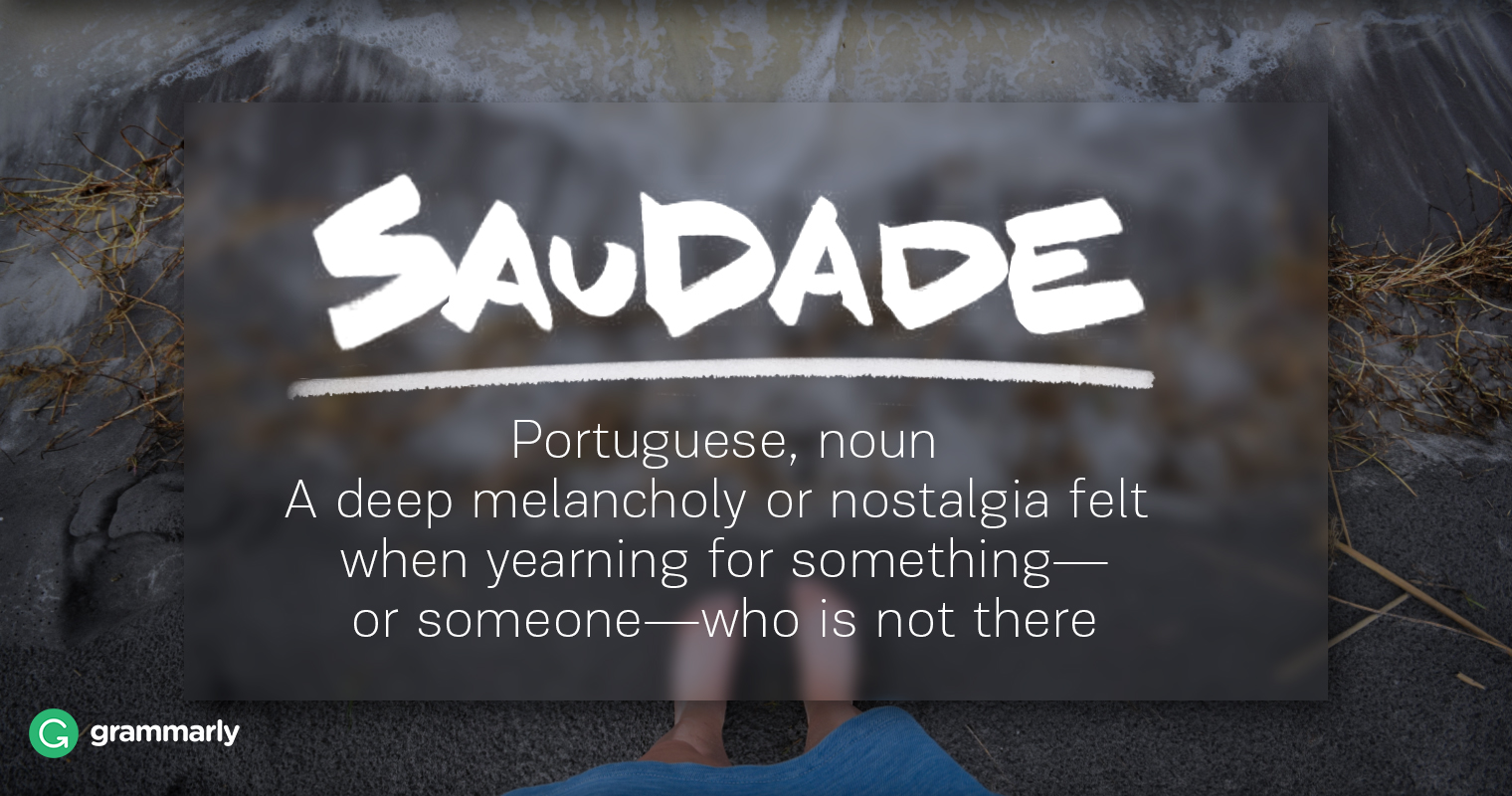
2 Saudade To say that saudade is the state you’re in when you’re missing something or someone wouldn’t do justice to this Portuguese word. Saudade is a deep melancholy or nostalgia you feel when yearning for something—or someone—who is not there.
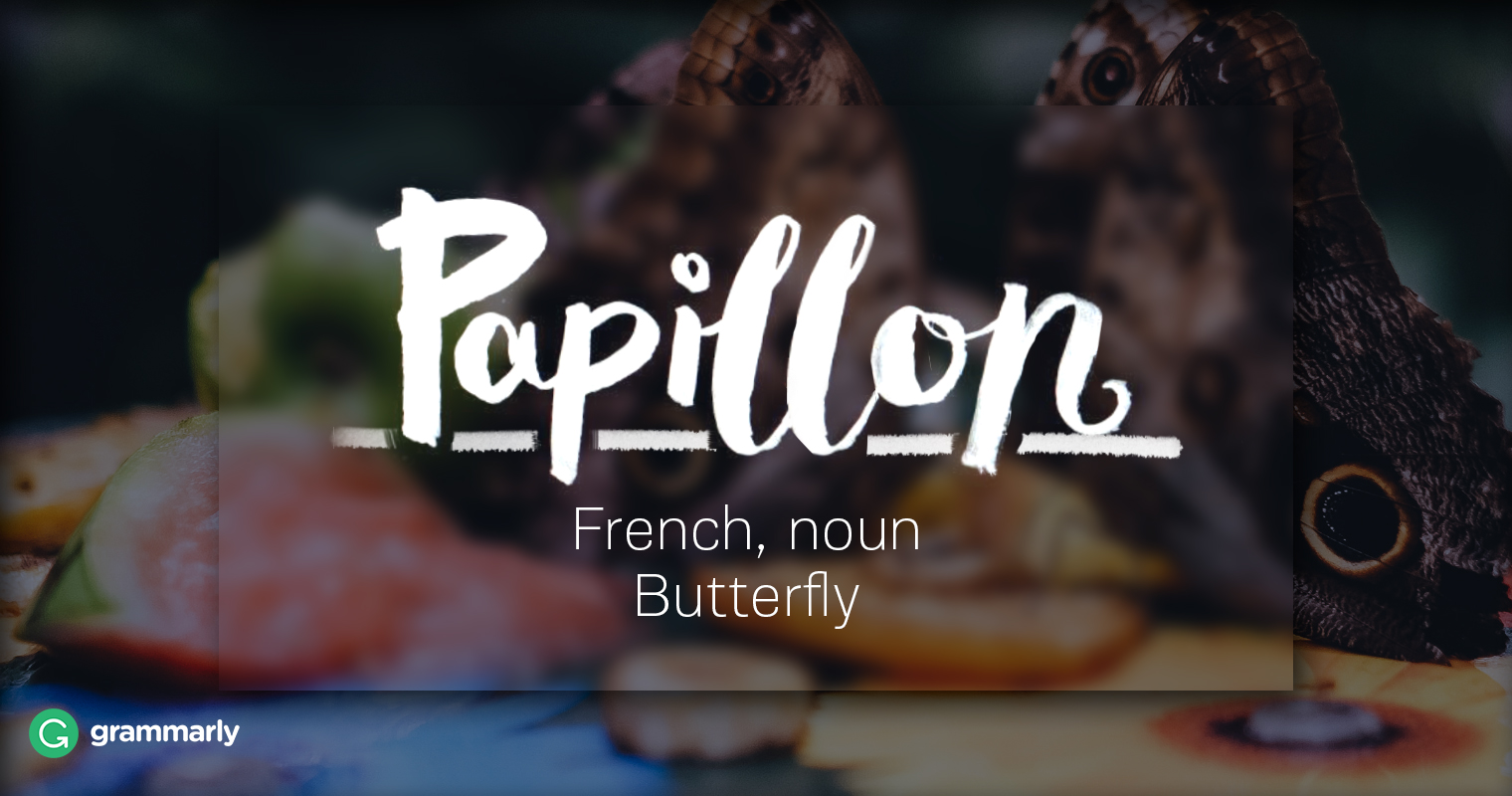
3 Papillon This one might be familiar to English-speakers. Papillon means “butterfly” in French.
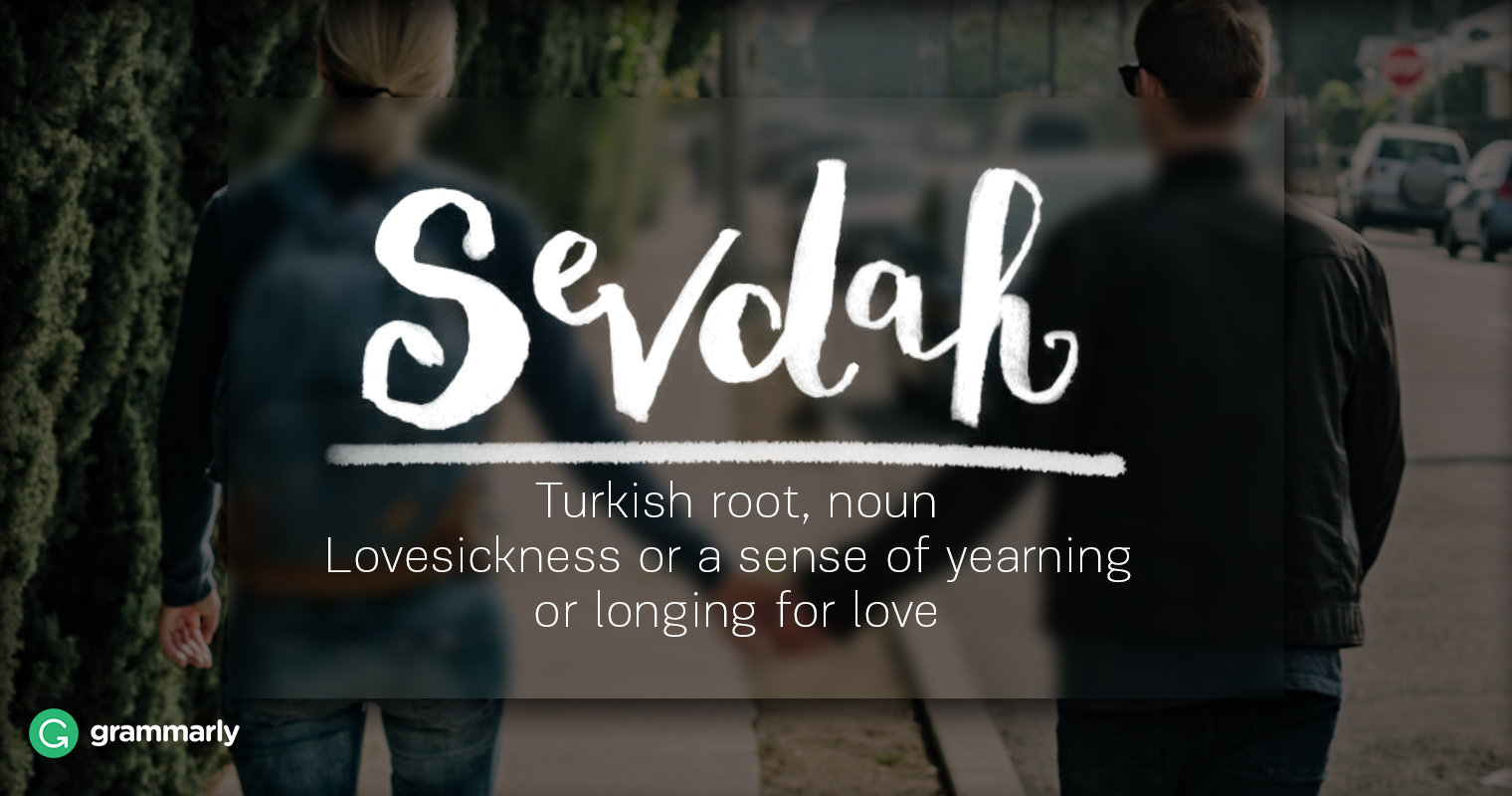
4 Sevdah Sevdah comes from the Ottoman Turkish word “sevda.” They added that “h” at the end in the Balkans, and the word today exists in the Bosnian, Croatian, and Serbian languages, where it means lovesickness or a sense of yearning or longing for love.

5 Lebenskünstler From the language that lent us such notable compounds as “schadenfreude” comes the word Lebenskünstler—literally the “artist of life,” what we might call a hedonist, or maybe a bon vivant.
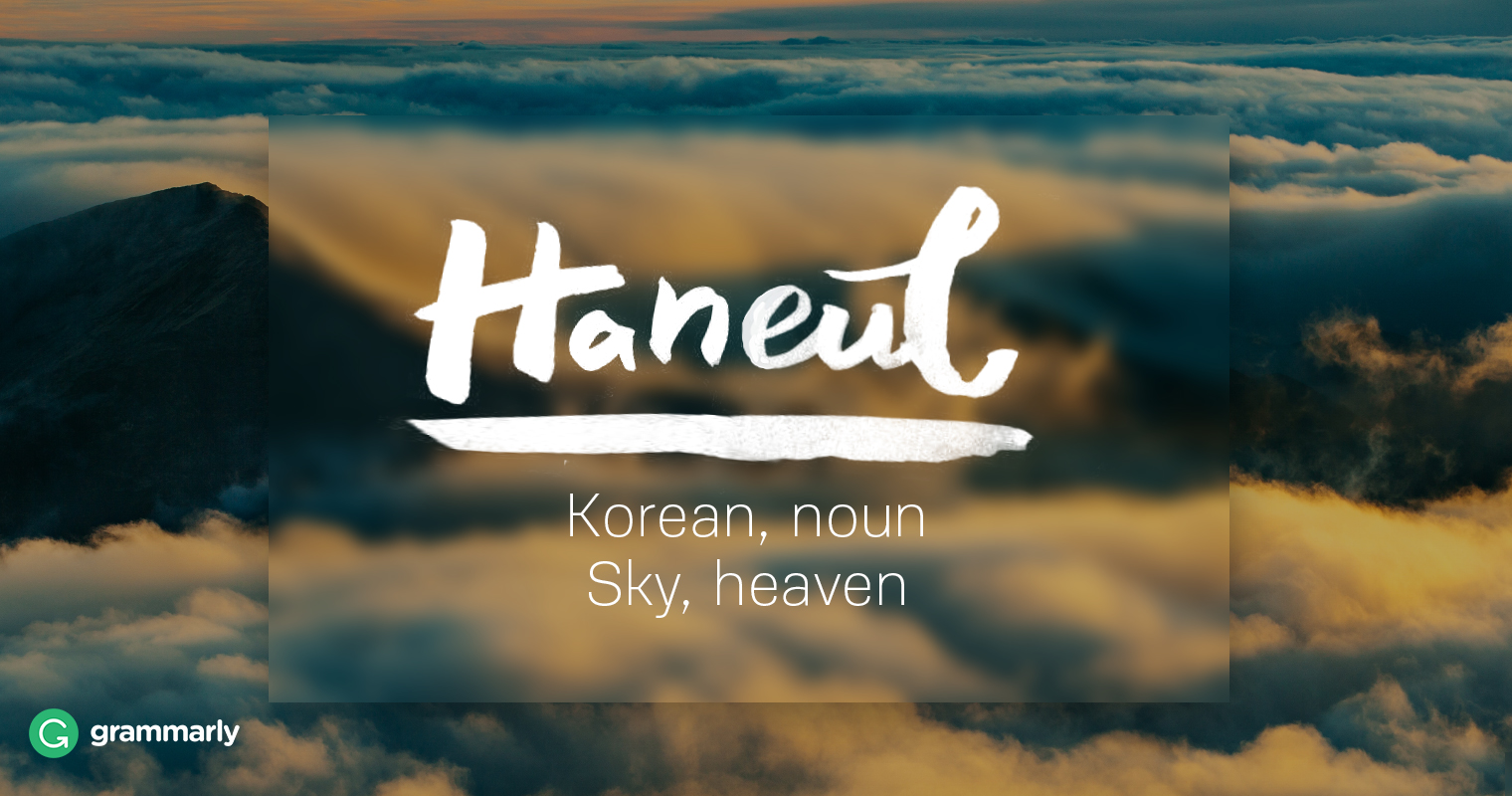
6 Haneul Haneul is a Korean word that means “sky.” In religious contexts, it also refers to heaven.
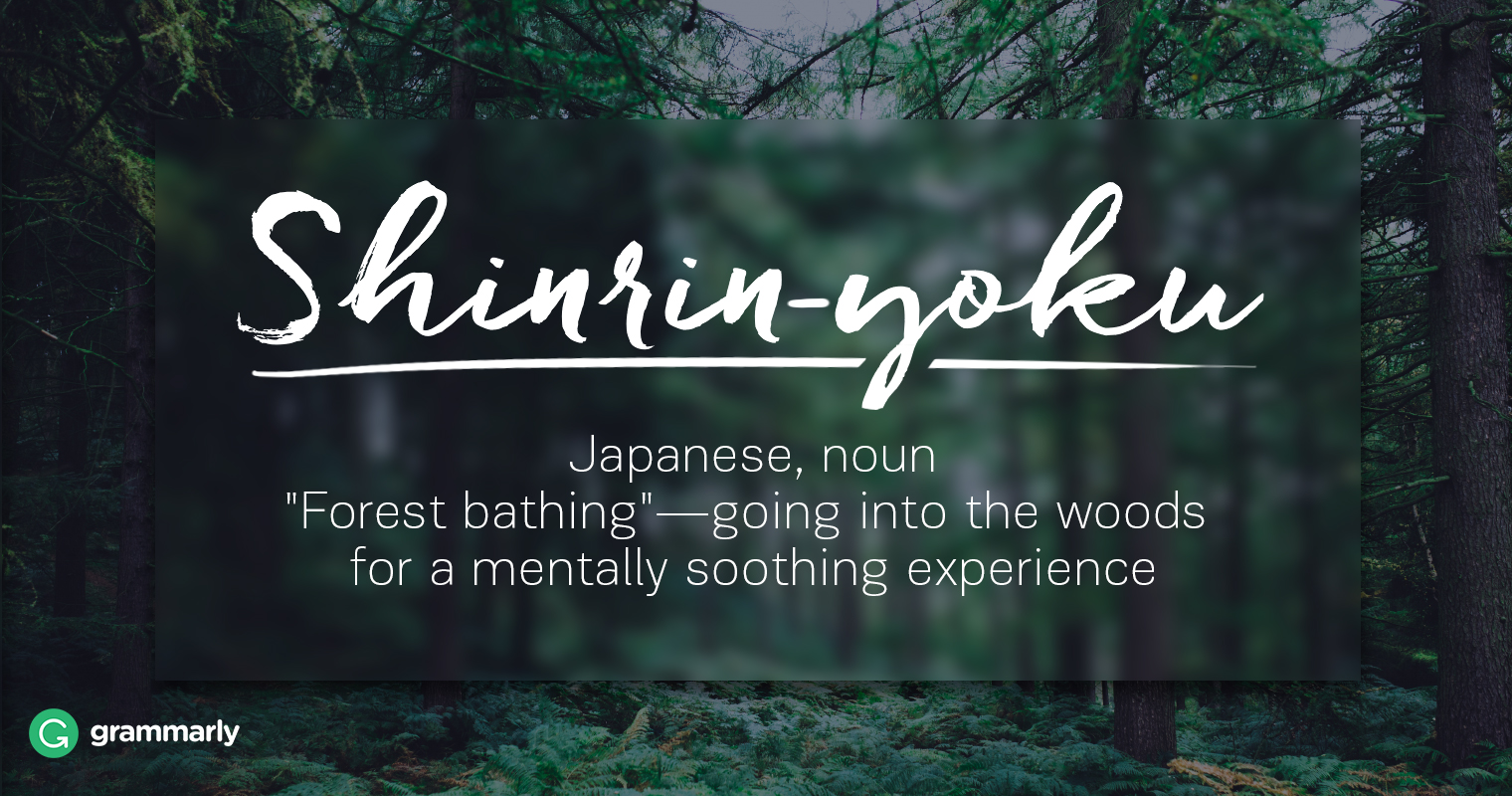
7 Shinrin-yoku Shinrin-yoku is a Japanese word that means “forest bathing”—the practice of going into the woods for a mentally soothing experience.
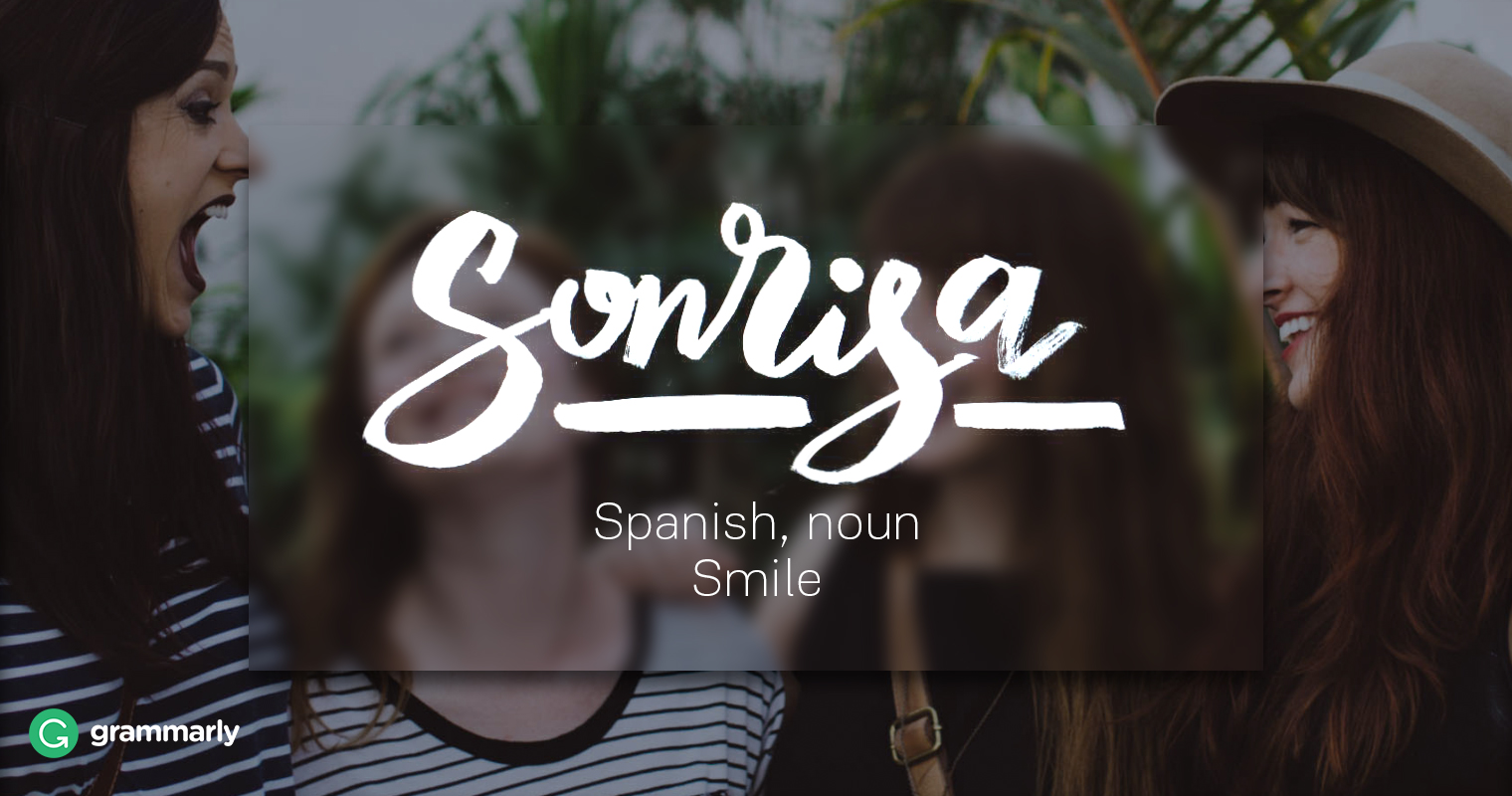
8 Sonrisa To someone who is only vaguely familiar with Spanish, sonrisa might look like a word for sunrise. They look alike, don’t they? However, sonrisa actually means “smile.”
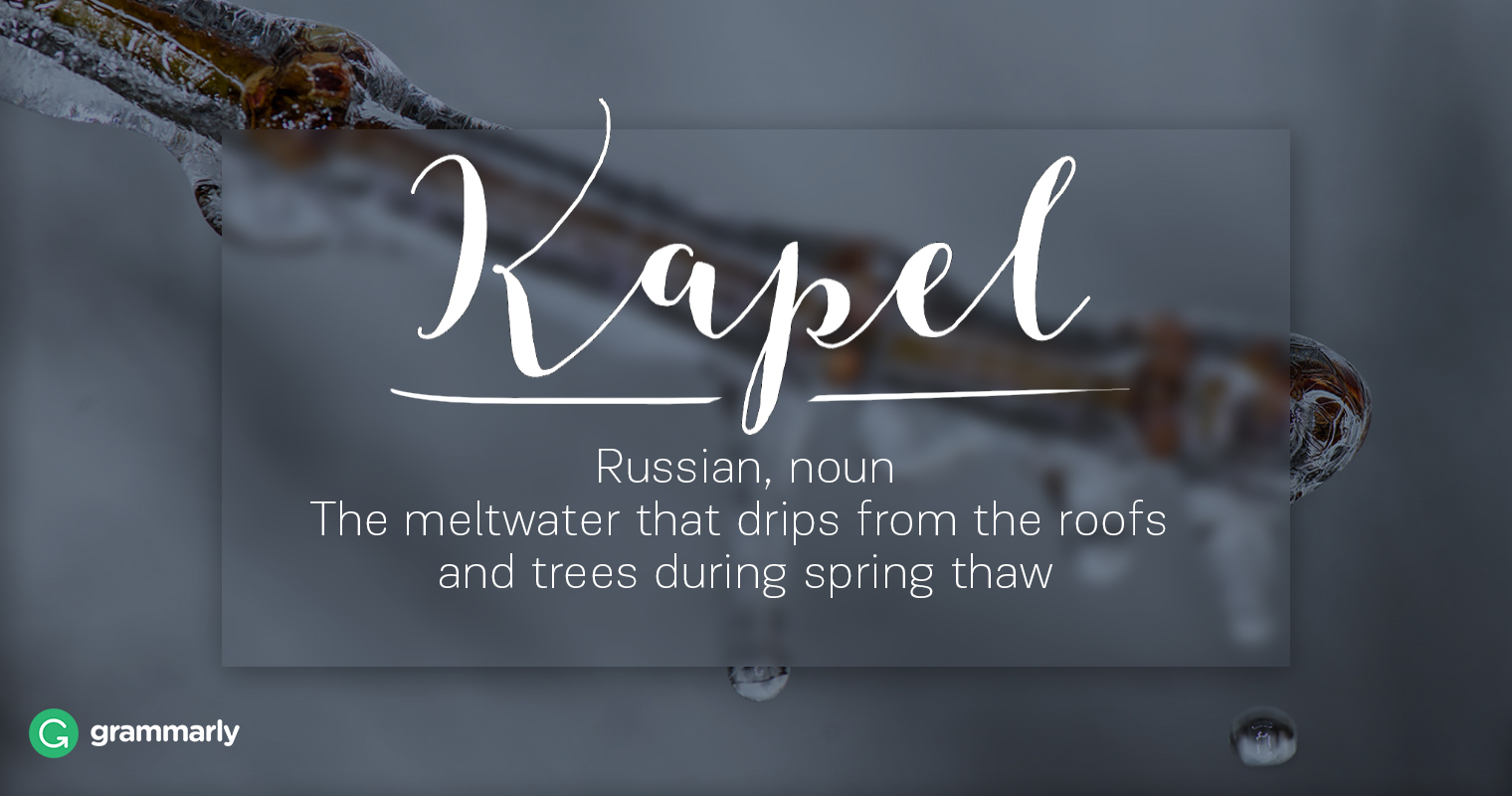
9 Kapel You know when there’s a particularly sunny day during the winter, and the snow starts thawing and dripping from the roofs and the trees? Well, that’s called kапель in Russian.
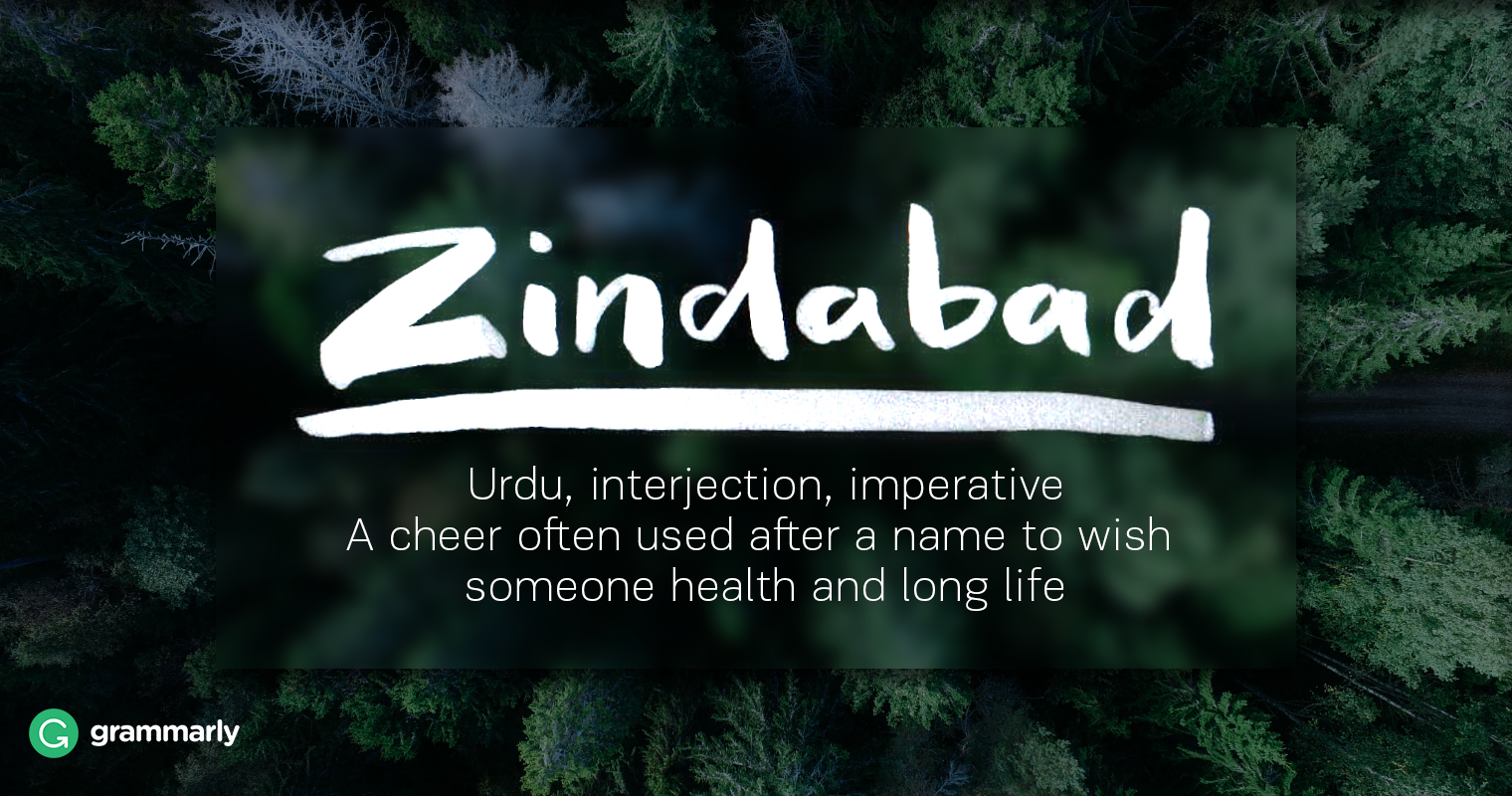
10 Zindabad Zindabad is an Urdu word of Persian origin. It is mostly used as a cheer, but if you say it right after another word or name, it means “long live.”
![]()




